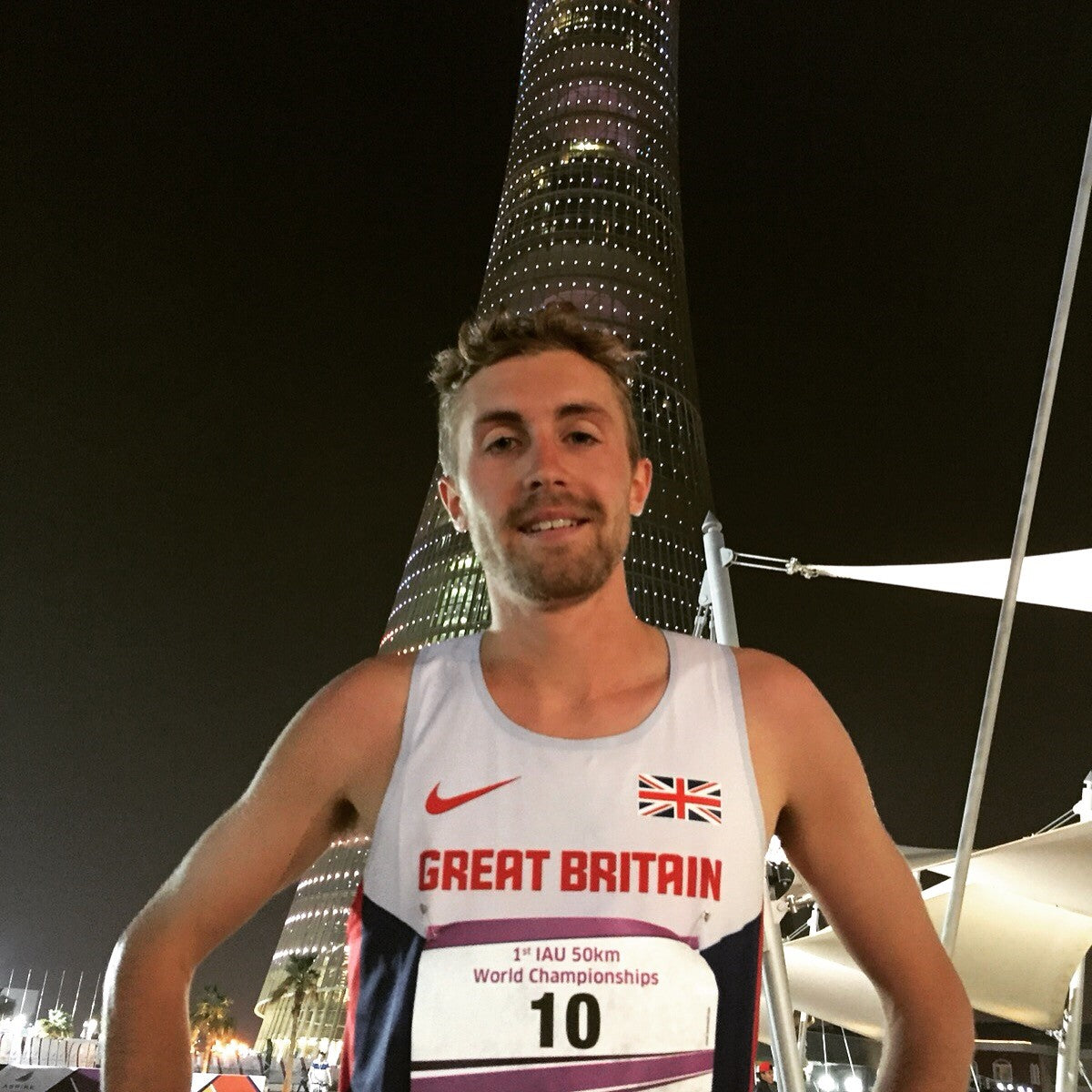World 50km Championships 2015 – ‘what’s the worst thing about running?’
- Featured News
- General News

When I interviewed Ryan Hall for the Guardian earlier this year one answer stood out to me as especially interesting. ‘What’s the worst thing about running?’ I asked him, expecting the answer most athletes give to this question: injury. ‘I think,’ he replied, stretching the lanky frame he’d folded into a wicker chair in the grounds of Yaya Village, ‘it’s not being able to isolate one variable. That’s really tricky when it comes to finding out why you’re not feeling good. You can change your easy run speed, or the number of workouts you do to try to fix things. But every day you’re eating different foods and sleeping different amounts. You don’t live in a glass bubble and you can’t control all the variables of life.’ The same goes for trying to work out what has gone wrong with a race: you may have a lot of theories, but there’s really no way of knowing. Sometimes you just have a bad day, unfortunately.
And sometimes you have a bad day at the worst possible time, when you’re running for Great Britain for the first time in the longest race you’ve ever run. I’d been feeling a bit funny in the days leading up to the race – just a bit lethargic and under the weather. I didn’t worry to much about that, though, as it’s not the first time it’s happened. When your body is used to running between twelve and thirty miles a day and then you suddenly stop it can be a bit of a shock to the system. My coach says ‘there’s a reason you see people yawning on the start line of races. When you know you’ve got a big effort to make your body holds back adrenaline: you’ll be fine when the gun goes.’ Except that I didn’t really, I felt flat.
There’s not much in the way of reliable data on the best way to go about coming down from altitude and racing. Some people are able to race well in the first 36 hours or so after coming down, whilst others need to wait a couple of weeks. As with most aspects of distance running, it seems to be more an art than a science. Unfortunately I seem to be in the second category. When I spent three months out here in 2012 I ran well at Blaydon three weeks after returning to the UK, but it felt like I needed some time to acclimatise to sea level in the same way that you need time to acclimatise to altitude. I hoped that the fact that the race was 50km would mean it was a little different, but unfortunately it doesn’t seem that way.

The positives: It was great to be part of the team and to get some experience at full international level. At the Welcome Reception I managed to pick out all of the non-English speakers to try to talk to; the Mongolian team, the (unexpected) Sierra Leonian team and the lone Brazilian representative. One of the softly-spoken Kenyans I spoke to told me, ‘we have a strong one from your country, he comes to train with us in Iten sometimes. What’s his name?’ he asked his friends. They thought for a moment before one of them said, ‘Mo Farah, have you heard of this one?’ I had, I told them!
I’ve had an easy week this week to make sure I recover from whatever was up in Doha, and I’m back to the UK tonight. As Jack at Ronhill tells me, ‘getting rested and then going out and racing is the best way to put it behind you.’ I’ll be back!
Michael Crawley is one of our sponsored athletes, and focuses primarily on the roads. He is also an ESRC-funded PhD student at Edinburgh University, studying the culture of long-distance running in Ethiopia. Over the next few months he will be living and training in Ethiopia, and learning one of the main languages used there, Amharic. He will be writing about his experiences of training in various locations around the city with different groups of athletes, and about trying to turn himself into a better runner in the process.
